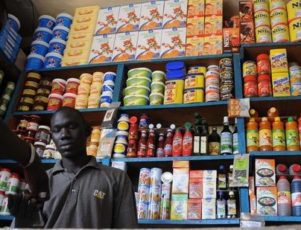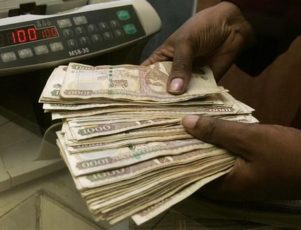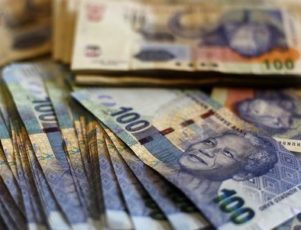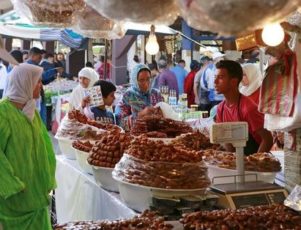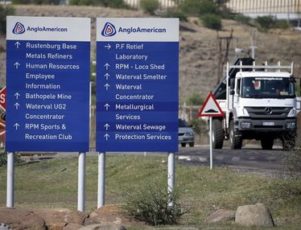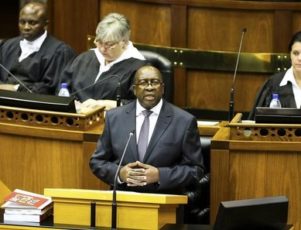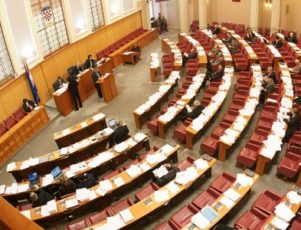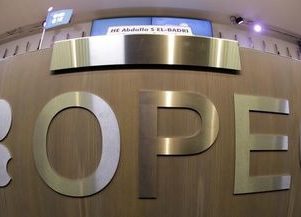JOHANNESBURG (Reuters) – South Africa’s rand recovered from three week lows on Monday, aided by a weak greenback after softer than expected U.S. new home sales dropped to near one-year low while stocks fell, led by telecommunications provider MTN.
At 1500 GMT the rand firmed 0.23 percent to 13.6080 per dollar, after touching its weakest since October 6 on Friday as upbeat manufacturing data from the United States put bets of a rate hike there back on the table.
Yields on government bonds were down across the curve, with the benchmark paper due in 2026 shedding 0.5 basis point to 8.345 percent.
The greenback dipped as a steeper-than-forecast drop in new home sales stirred doubts about the U.S. economic recovery ahead of a two-day policy meeting of the Federal Reserve, where policy makers are expected to keep rates unchanged.
While there has been an improvement in risk appetite in the near term, traders warned that the rand could be under pressure no matter what the Fed decides with plenty of local negativity available for investors to latch on to.
“Unfortunately, rand strength will be limited. There might be some after the Fed comes out with a no hike in interest rate but it’s probably going to be short lived,” said Ion de Vleeschauwer a chief forex dealer at Bidvest Bank.
“The rand has got its own problems,” he said citing South Africa’s strained economy. “You need economic growth for people to invest in your economy and if you don’t have it, they will disinvest.”
On the stock market, the blue-chip Top 40 index fell 0.47 percent to 48,569 points while the All-share index slipped 0.27 percent to 54,150 dragged by telecommunications provider MTN.
Shares in Africa’s largest mobile operator fell more than 15 percent but closed 12.49 percent lower at 167 rand, after its Nigerian operation was fined $5.2 billion for failing to disconnect subscribers with unregistered and incomplete SIM cards.
“Whenever the Nigerian regulator steps up enforcement, MTN takes a hammering,” Africa Analysis telecoms analyst, Dobel Pater said.
MTN said it was in discussions with the Nigerian Communications Commission (NCC) to resolve the matter.

